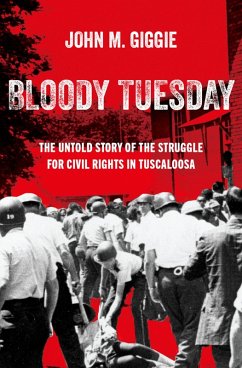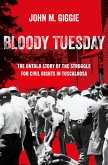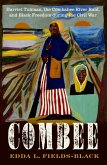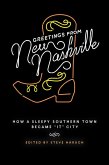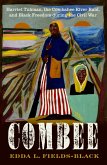The dramatic story of one of the most violent episodes of the civil rights movement and its role in the ongoing reckoning with racial injustice in the United States. On Bloody Sunday, activist John Lewis led over 600 marchers across the Edmund Pettus Bridge in Selma, Alabama, and faced attacks by oncoming state troopers. Footage of the violence shocked the nation, galvanized the fight against racial injustice, and made it an iconic event in the nation's history. Yet the previous year an even more brutal incident dubbed Bloody Tuesday took place in Tuscaloosa. On Tuesday, June 9, 1964, police attacked more than 600 Black men, women, and children inside First African Baptist Church, where Reverend Martin Luther King had launched the Tuscaloosa campaign for integration three months earlier. As the group gathered to march, they faced over seventy law enforcement officers and hundreds more deputized white citizens and Klansmen eager to end their protests for good. Police smashed the historic church's stained-glass windows with water hoses and fired rounds of tear gas inside. As demonstrators streamed from the church, many choking and soaked, they beat them with nightsticks, cattle prods, and axe handles, arrested nearly a hundred, and sent over thirty to the hospital. Here this event is recounted through the eyes of locals--a charismatic Black preacher trained by Rev. King, an aging police chief, the Imperial Wizard of the Ku Klux Klan, and Black women who were the backbone of the protests. It was a pivotal moment in a southern city unwilling to shed its long history of racial control and Klan brutality until forced to do so by armed Black self-defense groups, a bus boycott, and the federal government. In
Bloody Tuesday, John Giggie powerfully recovers one of the last great untold stories of the civil rights movement and its role in the reckoning with America's ongoing struggle for racial justice.
Dieser Download kann aus rechtlichen Gründen nur mit Rechnungsadresse in A, B, BG, CY, CZ, D, DK, EW, E, FIN, F, GR, HR, H, IRL, I, LT, L, LR, M, NL, PL, P, R, S, SLO, SK ausgeliefert werden.

